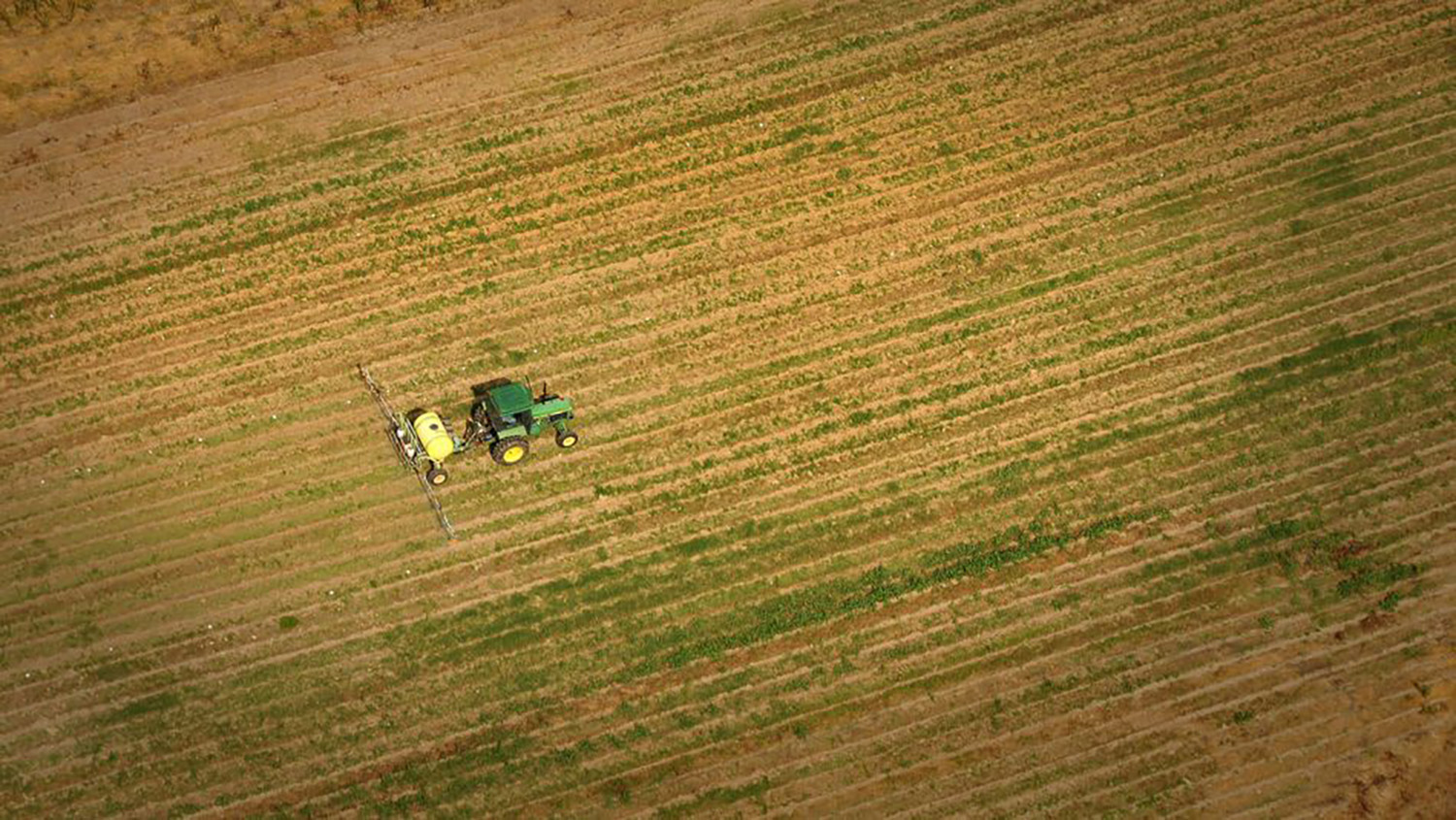Why Does Water Freeze Before Alcohol Does?

We recently explained that one reason wine’s freezing point is much lower than water’s is because of its alcohol content. But we didn’t explain why alcohol has a much lower freezing point than water. Let’s explain that now (hint: water molecules are “stickier.”)
A substance freezes when its molecules become “stuck” in a fixed array as a solid. That substance’s freezing point is the temperature at which the force of attraction between its molecules becomes strong enough to overcome the energy of motion that its molecules have when the substance is in its liquid state. One factor that influences this freezing point is the strength of the attractive forces between the molecules – the stronger the forces, the higher the freezing point. In other words, a substance whose molecules are very attracted to each other will freeze at a warmer temperature than a substance whose molecules are less attracted to each other.
Water molecules are more attracted to each other than ethanol (alcohol) molecules, because water has more hydrogen atoms bonded to oxygen. A hydrogen bonded to an oxygen is more “attractive” than a carbon bonded to an oxygen. So, water molecules are “stickier” than ethanol molecules – making it easier for water molecules to get “stuck” (i.e., freeze.)
Since ethanol molecules aren’t as sticky as water molecules, the temperature has to be a lot lower before the forces of attraction overcome the energy of motion and fix the molecules into their array sites. So, that’s why alcohol has a much lower freezing point – -114.7 degrees Celsius (-174.6 degrees Fahrenheit), as opposed to water’s freezing point of 0 degrees C (32 degrees F.)
Note: Many thanks to Dr. Kay Sandberg, associate teaching professor of chemistry at NC State, for taking the time to talk to The Abstract about the science of freezing. Any errors in the above post are mine, and mine alone.
- Categories:


